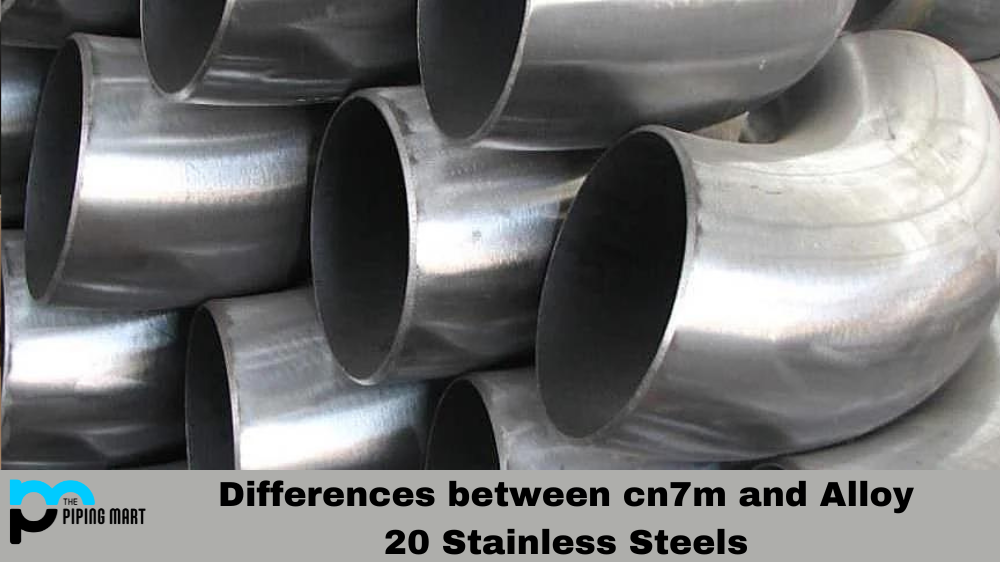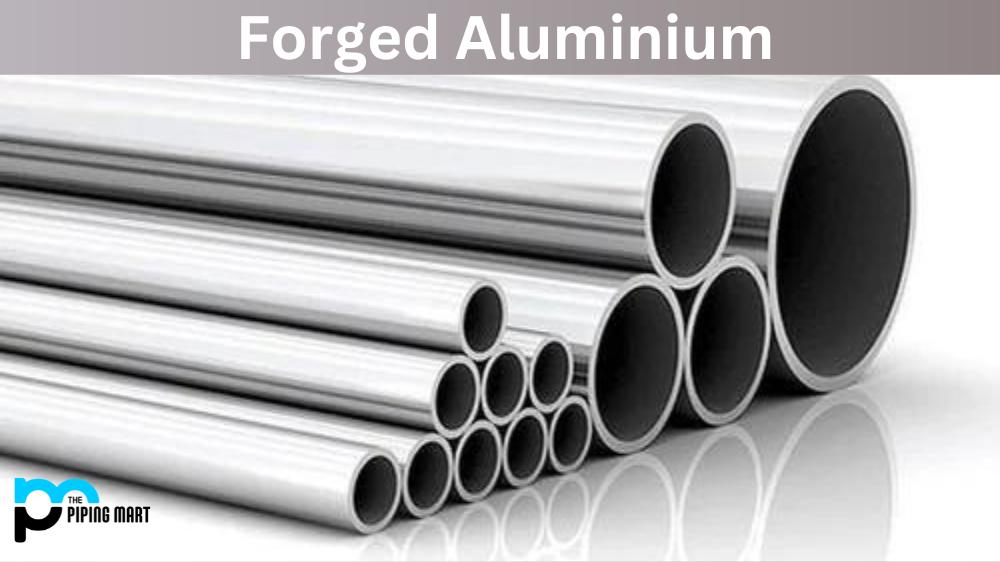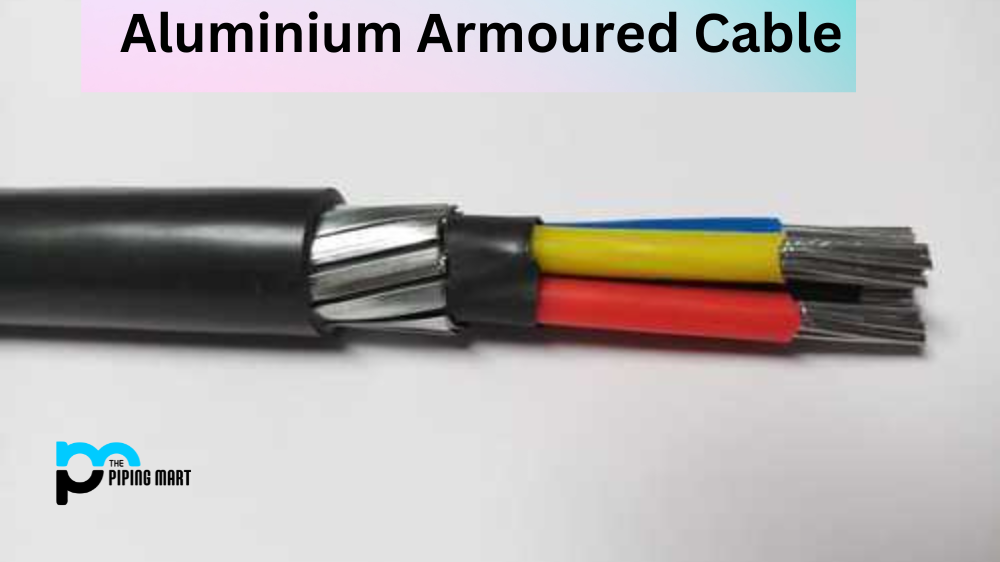There are a number of stainless steel alloys available on the market today. Two of the most popular are CN7M and Alloy 20. While both of these materials have similar properties, they also have some distinct differences that make them suitable for different types of applications. Let’s take a look at what makes these two stainless steels unique and how they can be used in different industries.
CN7M Properties
CN7M is a cast austenitic alloy made up primarily of chromium and nickel, with small amounts of manganese, molybdenum, silicon, and phosphorus. Due to its high nickel content, this alloy has excellent corrosion resistance to acids, alkalis, chlorides, and salts. It is also highly resistant to pressure and heat, making it an ideal choice for applications that require long-term exposure to corrosive substances or extreme temperatures.
Alloy 20 Properties
Alloy 20 is another cast austenitic alloy made primarily of nickel and chromium, with small amounts of copper and molybdenum added for additional strength. Similar to CN7M, this alloy also has excellent corrosion resistance to acids, alkalis chlorides, and salts; however, it is not as heat-resistant as CN7M. Despite this difference in temperature tolerance levels, Alloy 20 offers superior stress-corrosion cracking resistance compared to other stainless steels due to its higher amounts of copper content.
Uses for CN7M & Alloy 20
Due to their excellent corrosion resistance properties, both CN7M and Alloy 20 are commonly used in the chemical processing industry, where exposure to caustic chemicals or extreme temperatures is a concern. However, because Alloy 20 has superior stress-corrosion cracking resistance compared to CN7M, it is often chosen for use in industrial valves where long-term performance is critical. On the other hand, CN7 M’s higher temperature tolerance makes it better suited for use in pumps or other equipment that needs to withstand high temperatures over a long period of time without failing prematurely.
Conclusion
If you’re looking for a stainless steel material that offers superior corrosion resistance along with exceptional heat tolerance or stress-corrosion cracking resistance, then you’ll want to consider either CN7M or Alloy 20, depending on your specific needs. Both materials offer outstanding performance characteristics when used properly; however, each one has its own unique benefits that make it better suited for certain applications than the other. Evaluate your requirements carefully before deciding which material will give you the best performance possible!

Pipingmart is B2B portal specializes in industrial, metal and piping products. Also, share latest information and news related to products, materials and different types grades to help business dealing in this industry.




